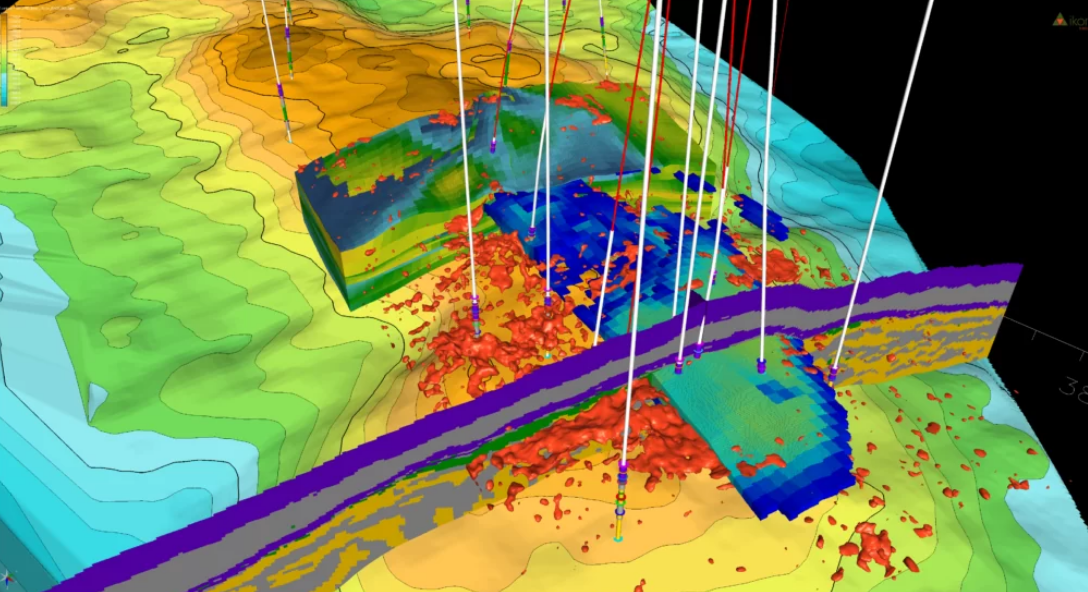Reservoir Characterisation
Reservoir Characterisation
Training Services

Reservoir Characterisation
In a reservoir characterization course, you will acquire specialized knowledge and skills related to understanding and describing subsurface reservoirs in the context of the oil and gas industry. The primary focus of this course is to provide you with the tools and techniques to analyze geological, geophysical, and engineering data to characterize reservoir properties accurately. Here's what you can expect to learn from a reservoir characterization course
- Reservoir Geology: Understand the fundamentals of reservoir geology, including rock types, depositional environments, and stratigraphy, to comprehend the geological setting of reservoirs.
- Petrophysics: Learn about the properties of rocks and fluids within a reservoir, such as porosity, permeability, and saturation, and their impact on hydrocarbon storage and flow.
- Well Log Analysis: Gain proficiency in interpreting well logs (electric, nuclear, acoustic, etc.) to estimate reservoir properties and identify potential hydrocarbon-bearing zones.
- Seismic Interpretation: Explore seismic data processing and interpretation techniques to map subsurface structures and identify potential reservoirs.
- Core Analysis: Understand the significance of core data in reservoir characterization and learn how to interpret core data to assess reservoir properties and fluid behavior.
- Reservoir Fluids and PVT Analysis: Study the behavior of hydrocarbons under reservoir conditions, including pressure-volume-temperature (PVT) analysis.
- Reservoir Rock Typing: Learn how to classify reservoir rocks into distinct types based on their petrophysical properties and fluid behavior.
- Reservoir Modeling: Get introduced to reservoir modeling techniques, including geological modeling and reservoir simulation, to represent the subsurface in a digital format.
- Reserves Estimation: Learn methods for estimating oil and gas reserves based on the reservoir characterization data.
- Case Studies: Analyze real-world reservoir characterization projects to gain practical insights into the challenges and solutions encountered in the oil and gas industry.
Throughout the course, you will likely work on practical exercises and projects to apply the knowledge gained and enhance your reservoir characterization skills. This training will equip you with the expertise required to assess reservoir quality, understand fluid behavior, and optimize oil and gas production strategies, making you a valuable asset in the exploration and production sector of the energy industry.